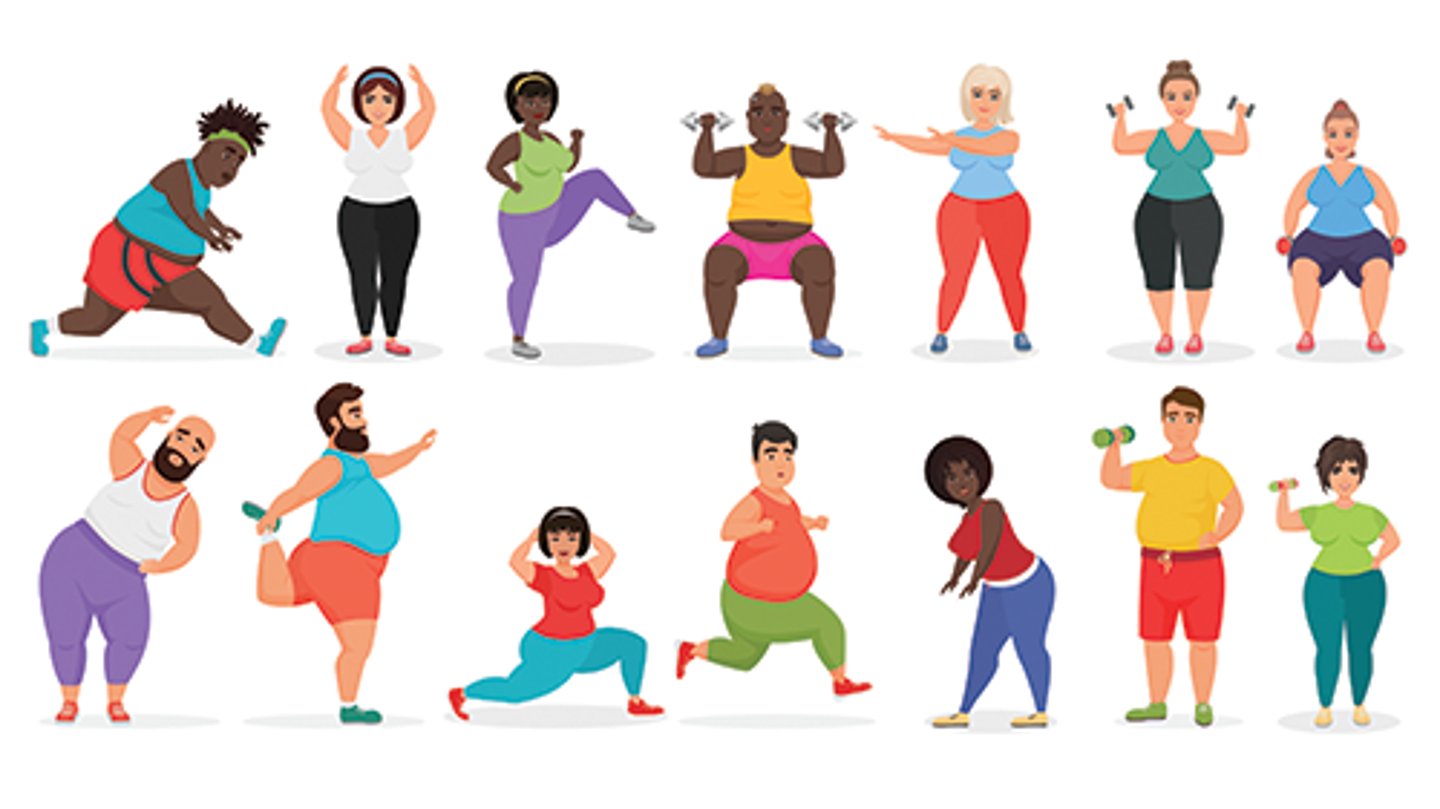Generational differences influence views on fitness, study finds
Millennials (Generation Y) and Generation Z exercise for mental health benefits, while Baby Boomers and Gen Xers prioritize their physical health.
Generational differences can influence views on fitness, as evidenced by results of a new survey conducted by garagegymreviews.com among 2,000 Americans over the age of 18.
The survey was conducted among a diverse group spread out across backgrounds, genders, fitness levels and age.
Key findings:
- The younger generations tend to exercise to boost their mental health, as 73% of Millennials (Generation Y) and 70% of Generation Z say they exercise for mental health benefits. On the other hand, 92% of Baby Boomers and 90% of Gen Xers prioritize their physical health.
- Different generations get their information from different sources. According to the survey, Gen Z is 10 times more likely to use TikTok for fitness advice than Baby Boomers.
- Across all age groups, 82% of respondents picked walking as one of their top exercise choices.
- Strength training is favored by Millennials and Gen Z, with 50% and 49%, respectively, preferring this mode of training. Older generations are less compelled to train using weights, with only 41% of Gen X and 27% of Baby Boomers preferring resistance training.
- The popularity of running seems to decline with age, with 37% of Gen Zers preferring running, compared to only 18% of Gen X and 6% of Boomers choosing running as their method of cardio exercise.
- When asked if they’d consider themselves physically active, 88% of people surveyed claimed to be active and participate in physical fitness. Millennials had the highest portion of respondents to be physically active, with an impressive 90%.
[Read more: Which cities are the healthiest?]
Here’s a ranking of generations surveyed, from most to least active:
- Millennials (90%)
- Generation Z (88%)
- Generation X (87%)
- Baby Boomers (84%)
How much does our age factor into our motivations?
- The top driver across all of our respondents is their physical well-being, with 89% mentioning it as a motivator for exercise. The second most common reason was for their mental health, as 68% of respondents cited it as a motivator.
- Millennials (73%) and Gen Z (70%) put the most emphasis on the mental health benefits of exercise. On the contrary, 92% of Baby Boomers and 90% of Generation X said they exercise primarily for their physical health.
Gen Zers were most motivated by muscle gain, with 44% mentioning it—a bit more of the average of 37% by the entire group surveyed.
- With its plethora of workout tutorials and fitness programs, YouTube is the most popular source of fitness information, being picked as a preferred method by 30% of all respondents. All generations—except Boomers—chose YouTube as their No. 1 source. Baby Boomers said they received the majority of their fitness advice from a friend or family member.
- Gen Zers get most of their fitness advice from Youtube and TikTok—only 14% and 11% said that they received fitness advice from non-social media online sources or friends and family, respectively.
- Gen Z also has more than double the percentage of respondents using TikTok than any other generation.
- Millennials and Gen Z prefer going to a screen for their fitness advice. They have four out of their top five sources coming from online sources (YouTube, TikTok, Instagram and non-social media online sources).
- By contrast, Baby Boomers prefer in-person advice, with three of their top five sources being an expert or someone they know (friend or family member, a coach or instructor, or a personal trainer).
- The most popular value parents wished to pass down to their children and the next generation was healthy nutrition habits; 37% of all people surveyed agreed with this sentiment.
[Read more: Which states are the happiest?]
- The sentiments and values remained fairly consistent from generation to generation, with the main difference coming from Baby Boomers. All generations had body positivity as their second most important value, except Baby Boomers, who preferred to instill good exercise habits to the younger generations.
- Across the cultural generations surveyed, Gen Z had the greatest emphasis on the value of exercising for mental health, with 11% of respondents citing this as a value to pass down to their children.


